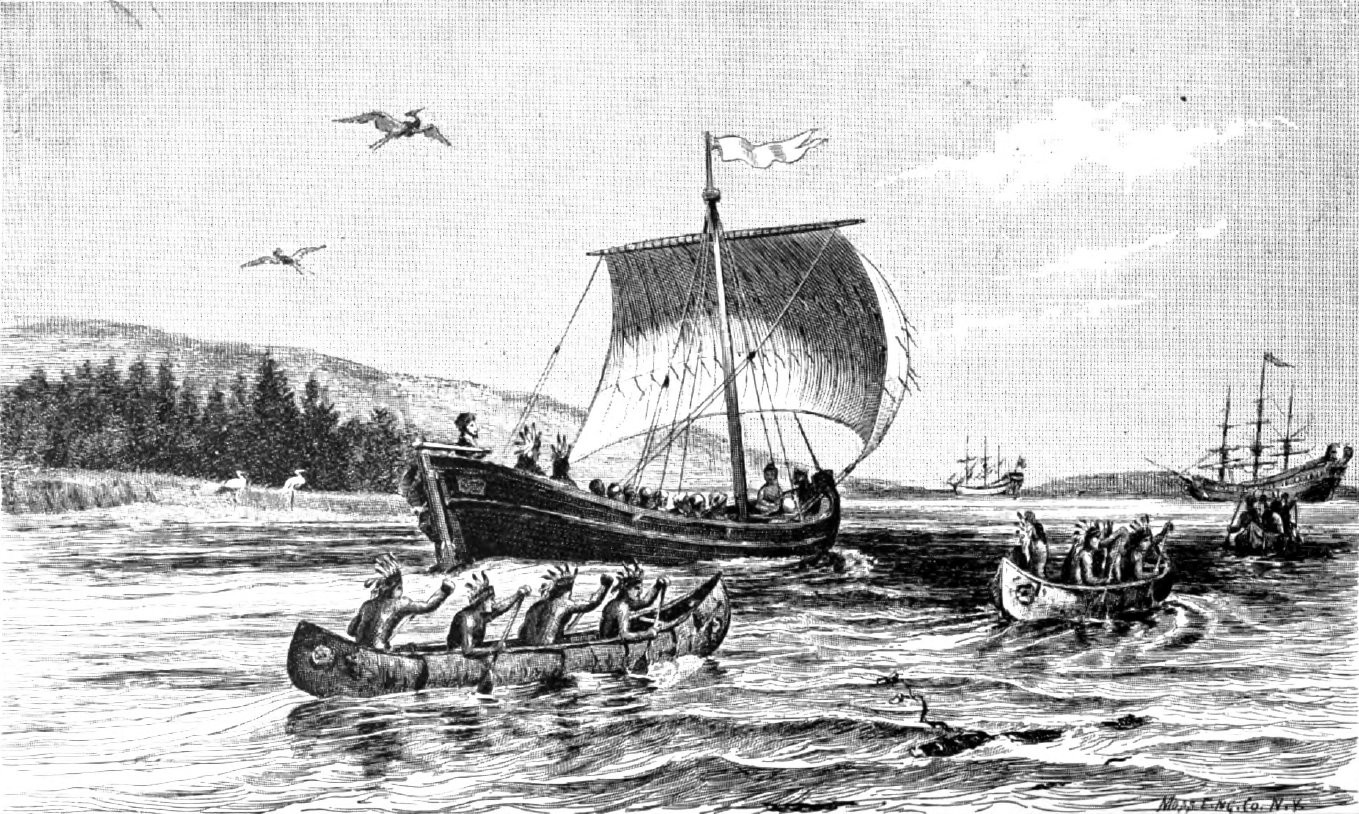If you think you know all the famous people York has ever produced, buckle up as this may be a new one on you. This month we’re taking a look back at a son of York who became famous for failing to build the first ever ‘New’ York in America. Confused? Read on…
Captain Christopher Levett was born in our dear home city on 15th April, 1586. Baptised at All Saints, Pavement, he was the son of Percival Levett, a local trader and inn-keeper, who was also a member of the Company of Merchant Adventurers. He followed in his father’s footsteps and was soon a merchant adventurer himself, making his money trading in linen.
Levett was dealing with the fledgling colonies in North America, and it was this contact with the New World that sparked his life’s goal: establish a colony of his own.
A Yorkshire Venture
Christopher left York and took up home in Dorset to become ‘His Majesty’s Woodward of Somersetshire’ to King James I, writing a book about how to select the best kind of timber for Royal Navy ship building. This brought him to the attention of Sir Ferdinando Gorges, a Commander of the Royal Navy, and Levett was soon appointed to the Council of New England, a company created to colonise America.
Levett was given an area of 6000 acres in modern-day Maine to start a colony, which Christopher declared he would name York, after his home town. Good lad. The king announced that, to fund the expedition, Yorkshire parishes should foot the bill, and ordered them to cough up.
Christopher Levett set sail from England, with a company of Yorkshire settlers, in 1623. He explored the New England coast, and laid the foundations for a small colony in Portland harbour. With a few dwellings constructed, and a few awkward handshakes between the newcomers and the Native Americans, Levett set sail back for England. His first adventure was recorded in his book, creatively called ‘A Voyage into New England, began in 1623 and ended in 1624, performed by Christopher Levett.’ Nice title, mate.
The venture falters
Back in England, Levett worked to further enthusiasm for his new colony and colonisation in general. Levett had designs on making a killing in the fishing industry, trading freely and easily with his ‘New’ York colony, and sailing the spoils back to England. However, the new King, Charles I, had other things to worry about.
As well as growing resentment at home from the Roundhead rebellion, England was on the verge of war with Spain. As he was now an experienced naval captain, Levett was given command of the HMS Susan & Ellen and ordered to sail with an armada of ships against the Spanish at Cadiz. The expedition failed, and the fleet returned home in disgrace, souring Charles’ mood for naval venture even more.
Coupled with an unenthusiastic King, Christopher also discovered that the Yorkshire parishes charged with raising funds for his colony hadn’t managed to come up with much. Furthermore, contact with ‘New’ York was lost, and the few Yorkshire settlers who were left there, the first ever ‘New Yorkers’, vanished.
Tatters
His dreams of a prosperous colony were slipping from him. England’s colonial eye turned elsewhere along the coast of America, and the lands previously granted to him where reassigned to a group of merchants from Plymouth. However, Levett did arrange for another adventure to the New World and set sail for Massachusetts in 1630.
Despite meeting with the Governor of the Massachusetts Bay Company, and no doubt discussing plans for future pioneering colonies and keeping the dream of ‘New’ York alive, it wasn’t to be. Christopher Levett died aboard ship during the return journey. He was buried at sea in the North Atlantic.
Still, not all was in vain for Chris, the local lad. Although a very different New York was established elsewhere in the New World (after we pinched it off the Dutch – ha!), Levett’s legacy lives on in Maine. Fort Levett in Portland Harbour was named in his honour, as was Maine’s York County.
And if you ever wondered what happened to those brave Yorkshire colonists who vanished, several years later a group of Native Americans were encountered by new explorers. One of the natives greeted the Europeans with a strange word: ‘ey-up’.









Add a comment